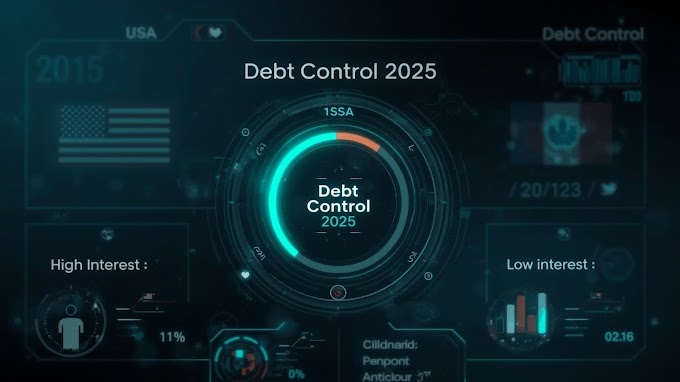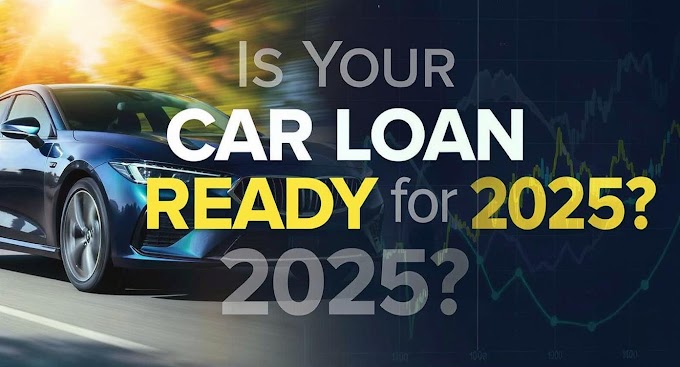🎓 Student Loan Forgiveness & IBR Guide 2025
URGENT: Student Loan Landscape Has Changed
The SAVE Plan has been suspended by courts, and the payment pause is over.1 **Interest will begin growing on your loans again starting August 1, 2025.**2 Inaction will cost you money and delay forgiveness. The Department of Education now urges borrowers to switch to the **Income-Based Repayment (IBR) Plan** as a stable safe harbor. This guide will help you understand your options and take action now.
See Your Options & Calculate Your IBR PaymentIBR Payment Calculator
See how Income-Based Repayment (IBR) can make your monthly payments more affordable. Enter your financial details below to estimate your payment. This tool helps you understand the direct financial impact of switching to IBR.
Your Estimated Monthly Payments
Your results will appear here.
Plan Comparison
With the SAVE plan suspended and the new RAP plan on the horizon, it's crucial to compare features. IBR is the most stable option for 2025. This table breaks down the key differences to help you choose wisely.
| Feature | Income-Based Repayment (IBR) | SAVE Plan (Suspended) | Repayment Assistance Plan (RAP) |
|---|---|---|---|
| Payment Calculation | 10-15% of discretionary income | 5-10% of discretionary income | 1-10% of AGI (sliding scale) |
| Minimum Payment | Can be $0 | Can be $0 | $10 minimum |
| Forgiveness Timeline | 20-25 years | 10-25 years | 30 years |
| Payment Cap | Yes (at 10-Yr Standard) | No | No |
| Spouse's Income | Can be excluded (file separately) | Can be excluded (file separately) | To be determined |
| FFEL Loan Eligibility | Yes (without consolidation) | No (consolidation required) | To be determined |
The Path to Forgiveness
Forgiveness is the ultimate goal. For most borrowers, there are two main paths: the long-term forgiveness built into the IBR plan itself, and the much faster Public Service Loan Forgiveness (PSLF) program for public sector employees. Understanding the risks and rewards of each is critical.
Path 1: IBR Forgiveness (The Long Haul)
This is the standard forgiveness available to anyone on the IBR plan. After making payments for a very long time, the government forgives any remaining loan balance. This path requires patience and careful planning for the potential tax consequences.
⚠️ The Forbearance Trap
Time spent in the current automatic forbearance **does not count** toward forgiveness. Every month you wait to switch to IBR is a month of lost progress.
💣 The Post-2025 Tax Bomb
After Dec 31, 2025, any debt forgiven under this long-term IBR path may be treated as **taxable income**.3 You must plan for this potential tax bill.
Path 2: Public Service Loan Forgiveness (PSLF) - The Fast Track
For those working in government or for a qualifying non-profit, PSLF offers a much faster, more lucrative path to forgiveness. If you are eligible, this should be your primary goal.
- 10-Year Forgiveness:
Requires only 120 qualifying monthly payments (10 years), less than half the time of IBR forgiveness.
- Always Tax-Free:
Forgiveness received through the PSLF program is NOT considered taxable income by the federal government. This is a massive financial advantage.
- Strict Requirements:
You must make your 120 payments on a qualifying plan (like IBR) while working full-time for a qualifying public service employer.
- Action Required:
You must regularly certify your employment using the PSLF Help Tool on StudentAid.gov to ensure you are on track.
Your Personalized Action Plan
The right steps depend on your unique situation. Select the description that best fits you to get a tailored checklist. Taking the correct action now is the most important thing you can do for your financial future.
Select a situation above to see your recommended actions.
Frequently Asked Questions
What happens if I do nothing and stay in the SAVE forbearance?
▼Your payments will remain paused, but interest will start growing on your balance after August 1, 2025. Crucially, this time does not count toward any forgiveness program (IDR or PSLF), delaying your progress and increasing your total debt.
I thought my income was too high for IBR. Can I still apply?
▼Yes. As of July 2025, the "partial financial hardship" requirement was eliminated. You can enroll in IBR regardless of your income. If your income is high, your payment will be capped at the 10-year Standard Plan amount, but you will still make progress toward forgiveness.
If I switch to IBR, can I switch to the new RAP plan later?
▼Yes, you can switch to RAP when it becomes available (expected mid-2026). However, be aware that leaving the IBR plan triggers interest capitalization, meaning all accrued unpaid interest will be added to your principal balance. This can be a significant financial hit.
Will my past payments on SAVE count if I switch to IBR?
▼Yes. The Department of Education has confirmed that qualifying payments made under plans like SAVE and PAYE will count toward your forgiveness clock on the IBR Plan.
References
1. U.S. Department of Education, "Statement on Court Rulings Regarding the SAVE Plan," July 2025.
2. Federal Student Aid, "Important Updates on Student Loan Forbearance," Announcement, July 9, 2025.
3. Internal Revenue Service, "Tax Treatment of Student Loan Forgiveness," Publication 970, Tax Benefits for Education.
.png)
.png)

.png)





Hi Please, Do not Spam in Comments